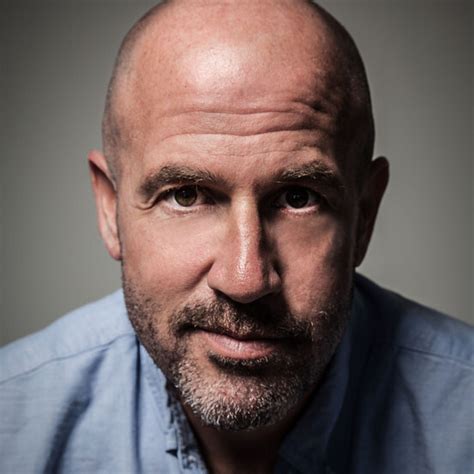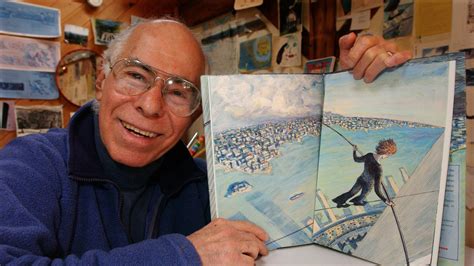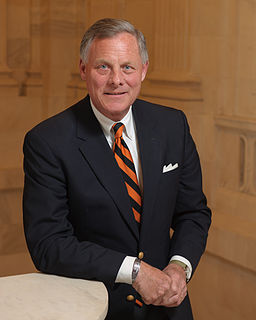A Quote by Dwight D. Eisenhower
The older I get the more wisdom I find in the ancient rule of taking first things first. A process which often reduces the most complex human problem to a manageable proportion.
Related Quotes
Love begets wisdom, thus it is, as often misconceived, more than vain layers of tenderness; it is inherently rational and comprehensive of the problem within the problem: for instance, envy is one of the most excused sins in the media of political correctness. Those you find most attractive, or seem to have it all, are often some of the most insecure at heart, and that is because people assume that they do not need anything but defamation.
Complexity has and will maintain a strong fascination for many people. It is true that we live in a complex world and strive to solve inherently complex problems, which often do require complex mechanisms. However, this should not diminish our desire for elegant solutions, which convince by their clarity and effectiveness. Simple, elegant solutions are more effective, but they are harder to find than complex ones, and they require more time, which we too often believe to be unaffordable
I came to what I think of as the critical problem: the aging process of a piece of music. I noticed in the '70s that pieces I wrote would sound great the first time I listened to them and then on repeated hearings they sounded older and older until what seemed exciting and vibrant on first listening became stale.
While often being called transdisciplinary, theonomous reasoning is actually a first step back to ancient wisdom in which methodological sensation [or what we now know as science] has completely merged with methodological revelation [or totally known mystical knowledge in which every aspect of the occult has been overcome]. A true tradition has no occult or hidden phases left in its process. The creators and the audience are in perfect harmony.
The most important thing, my father told me, which I have never forgotten, and which I have often put unto practice was: If you get into a quarrel with anybody, hit him first. "If you hit first, the battle is half-won," my father always said "Don't let him hit first. You hit him first." "What's more," he never forgot to say, too "Usually one blow is all you need." I found this to be true.
This story is the ultimate example of American’s biggest political problem. We no longer have the attention span to deal with any twenty-first century crisis. We live in an economy that is immensely complex and we are completely at the mercy of the small group of people who understand it – who incidentally often happen to be the same people who built these wildly complex economic systems. We have to trust these people to do the right thing, but we can’t, because, well, they’re scum. Which is kind of a big problem, when you think about it.
Outside observers often assume that the more complicted a piece of mathematics is, the more mathematicians admire it. Nothing could be further from the truth. Mathematicians admire elegance and simplicity above all else, and the ultimate goal in solving a problem is to find the method that does the job in the most efficient manner. Though the major accolades are given to the individual who solves a particular problem first, credit (and gratitude) always goes to those who subsequently find a simpler solution.
I think seeing is about truly looking, observing, and taking things in with an open mind. It's easy to see things at face value but some of the most beautiful things are not apparent at first glance. The works that stick with me and that I find to be most beautiful are often not aesthetically inviting right off the bat. So I think having an open mind and allowing the lines to blur between art, music, fashion, food, what have you, all leads to cultivating a much more open and enjoyable aesthetic sensibility.
We are unconscious of most of our body's processes, thank goodness, because we'd screw it up if we weren't. The human body is so complex, with so many parts...a system which is far more complex than we can fully imagine. The idea that we are consciously care-taking such a large and mysterious system is ludicrous.
Among the many problems with taking the Bible literally is it reduces the most mysterious and complex of realities to simple - even simplistic - terms. Yes, scripture speaks of fire and damnation and eternal bliss, but the Bible is the product of human hands and hearts, and much of the imagery is allegorical, not meteorological.


































